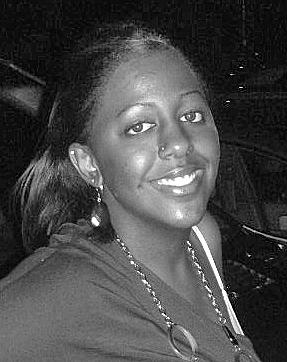
© NCSU Student Media 2009
image 01
Since the nomination of Barack Obama for the presidential election, an outlandish belief has developed that racism is abruptly dead. The same racism that enslaved people of color for 258 years, the same racism that made black women give their bus seats up to white men, the same racism that denied black people of a proper education is now suddenly dead?
In a recent edition of The Broadside, an article stated “racism is dead.” Because “Barack Obama, a black man, was elected overwhelmingly.” An institution that was built on racism has now managed to get over years of ignorance and now we can all live in a land of not only equality, but equity as well.
Unfortunately for the blissful believers of a more perfect America where Martin Luther King, Jr.’s dream has been realized, the reality is that while many improvements have been made concerning race relations, the fact remains that racism is still very much alive today.
Racism has become so strong today that people who profess to not be racist and who would even claim to have friends and acquaintances of a multitude of races are racist. The day Barack Obama won the presidential election is a day that many people will never forget. The racist messages that were left in the Free Expression Tunnel following the election reminded the people that racism was not an issue of yesterday.
Megan Williams’ story is one that should be a constant in the minds of individuals everywhere that racism is still present in the 21st century. After being kidnapped, tortured and sexually assaulted by six people, Williams’ story received little media coverage until months after the incident occurred.
The election of a black man as President of the United States shows that as a nation we have come very far. We have reached a place that many never thought possible, but we must not stop our progress with the false beliefs that we live in a period where people are judged solely by their character. The racial tensions that have been created on our campus by the actions of a few malignant people are evident that we have a long way to go before we can boldly declare that racism is dead. However, as scholars of this illustrious university, we have the power to “be the change that we wish to see in the world.” We will soon have more power to help America overcome its racist past so that when people who have been discriminated against go to cash the check of opportunity that America promises them, it will no longer be marked insufficient funds and they will have access to the riches of freedom that they have patiently waited for.